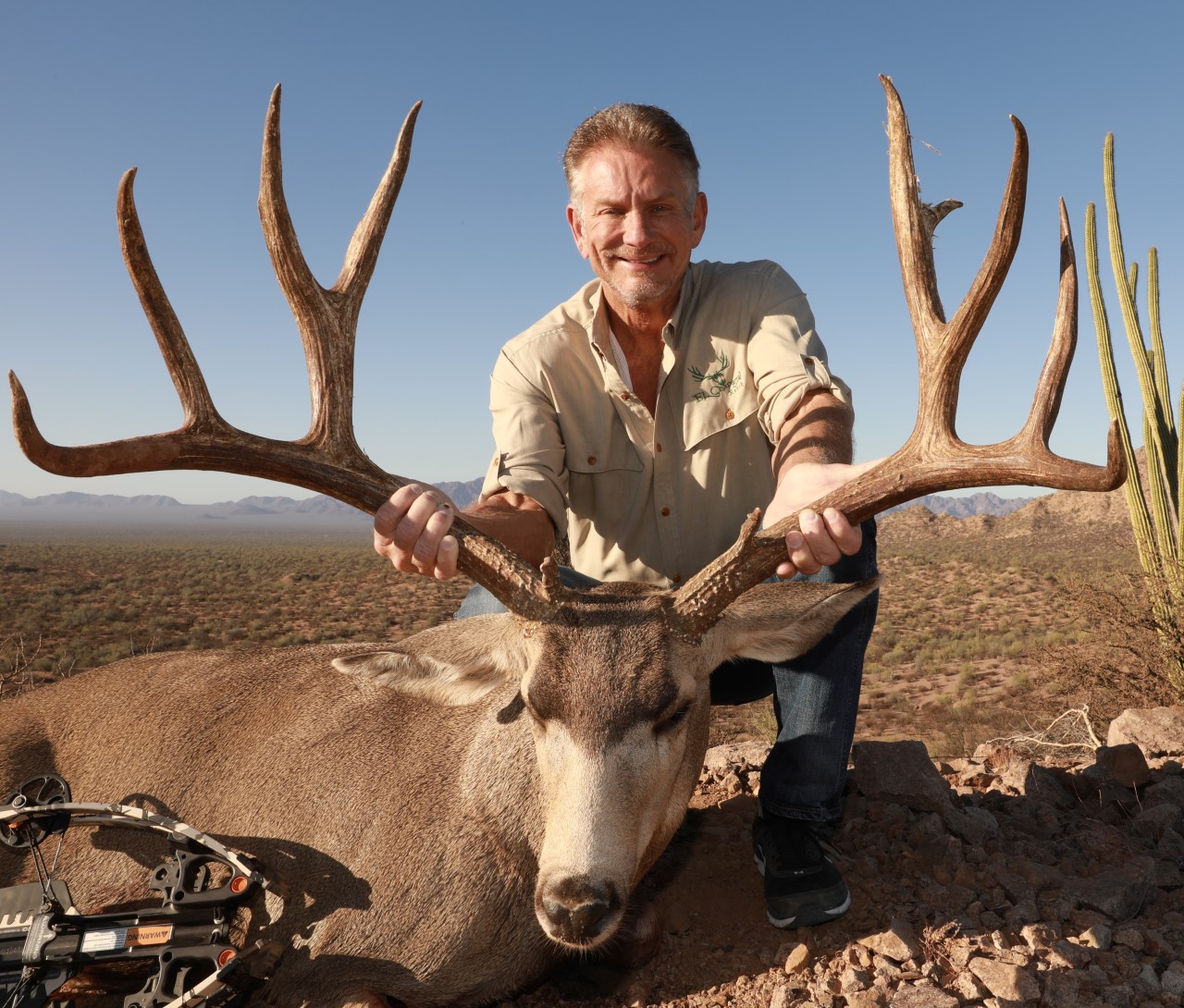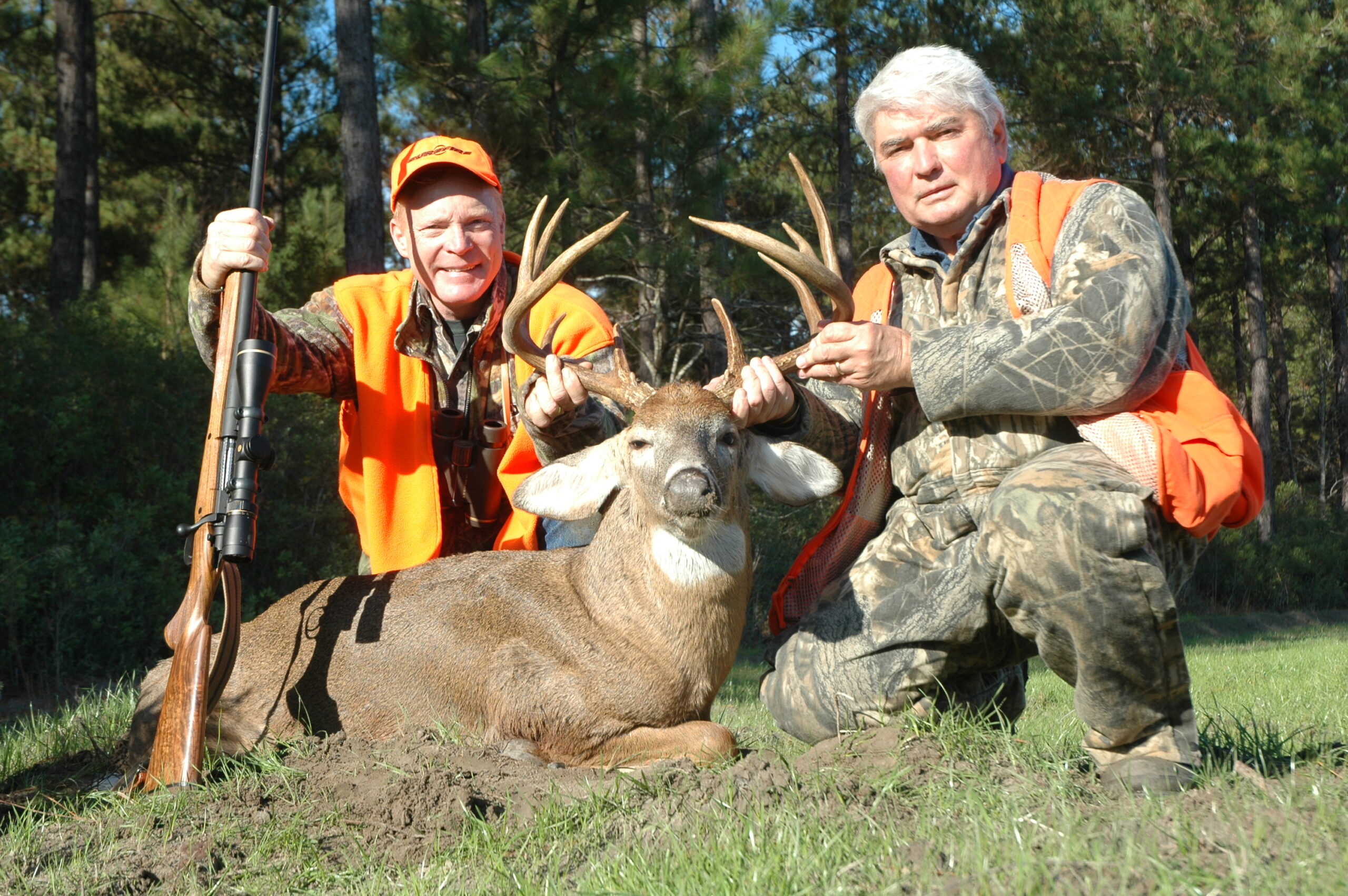The announcement in late September that Hodgdon is ceasing operations at its Goex plant in Louisiana was a shock. Of course, companies have been coming and going for centuries, but it was certainly a surprise given the current hot market for anything to do with ammunition or reloading.
In essence, Hodgdon announced it was ceasing production immediately, and would keep on a number of employees until the end of the year to help shut the plant down while it searched for possible buyers.
This raised all sorts of questions, including dark murmurings about the machinations of the anti-gun crowd. And yes, you guessed it, conspiracy theories. Plus, several moves to get up petitions to persuade Hodgdon to change its mind.
As I write this, the petitions are proceeding and Hodgdon has not changed its mind.
So now what?
First, a little background. Goex traces its ancestry back to 1802 and has gone through many iterations over the years as it was acquired, divested, sold, and renamed. Hodgdon acquired it a dozen years ago, and put considerable effort into improving its products, including the Olde Eynsford line of premium gunpowder. As it stands, Goex is the only remaining American producer of black powder.
As conjectures about its demise bounced around cyberspace, with conspiracy theories becoming ever more fanciful, some questions kept recurring.

One, why shut down a company when you are selling every pound of powder you can make? Two, was it a safety issue? Black-powder production is notoriously hazardous. Three, was Goex finding it tough going in an American market that now offers at least four other brands of black powder, imported from Germany, Switzerland and Brazil?
A chat with Aaron Oelger, Hodgdon’s vice president of sales and marketing, elicited some answers.
As he explained it, Hodgdon is a small company with limited staff, whose time could be better spent on higher-margin areas of its business. In other words, the Goex operation was demanding too much attention for too little return.
“Our two main focuses as a business are smokeless powder and muzzleloading,” he told me. (By muzzle-loading, he meant black-powder substitutes, of which Hodgdon now offers four, including Pyrodex.)
“We are optimistic about finding a buyer for Goex, and we believe the plant could be returned to full production in a few weeks,” he said. “As for who might buy it, we are pursuing a number of possibilities, but I can’t say what.”
One factor that was raised immediately among some friends of mine when the closure was announced was that Goex has several government contracts, which might prove attractive. These, however, are relatively modest, according to Oelger, and not a particularly juicy carrot to lure a buyer.
Having said that, who might be interested? I suggested it could provide an opportunity for a foreign black-powder company that is already exporting to the U.S. (by far the world’s largest black-powder market) to acquire an on-shore facility and channel their imports through the Goex supply chain. Or, is there a major supplier of munitions in America that might be interested? ATK, perhaps?
The answer? Probably not.
“Typically, an operation like this would be purchased by someone with a real interest in black-powder shooting,” Oelger said. And, in truth, producing gunpowder is one of the most specialized of businesses, with some peculiar requirements. It’s not something you just pick up and fold into a conglomerate — at least, not easily, and probably not if the return is going to be modest at best.
And that, except for speculation about accidents, insurance, legal liability and such, is where it stands. Goex has stopped making powder, petitions are circulating, negotiations are (possibly) going on behind the scenes and, the last time I looked, there were some modest levels of panic buying. In other words, just another day in the gun business.–Terry Wieland
Terry Wieland is a recognized authority on fine firearms whose latest book is Great Hunting Rifles, Victorian to the Present. He has hunted in more than a dozen countries on four continents including, at last count, 11 trips to Africa. He lives in Fenton, Missouri.




